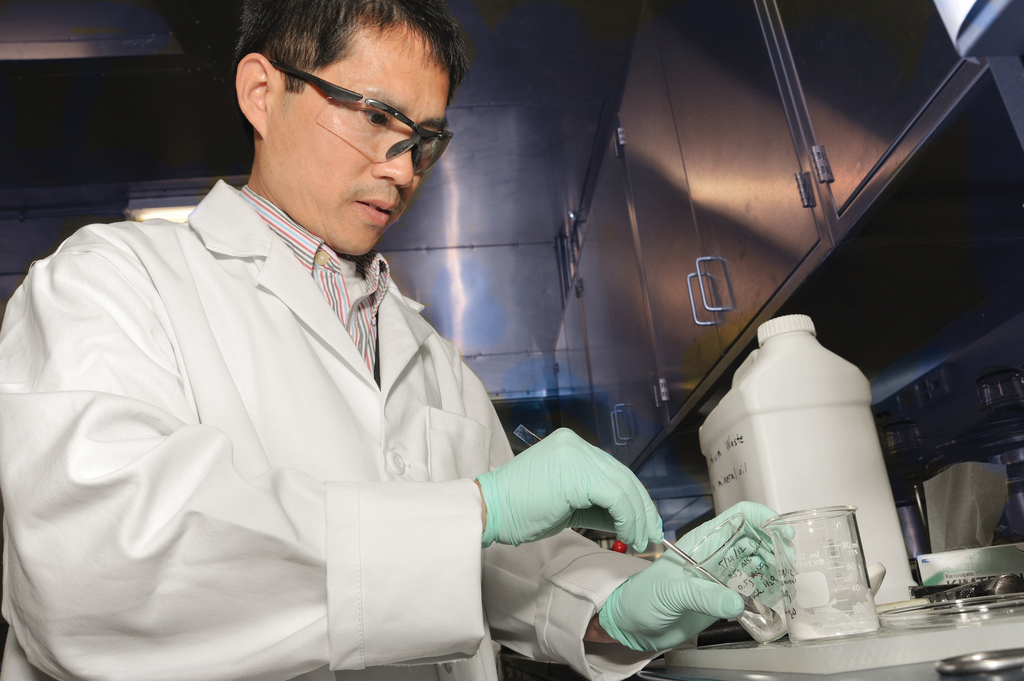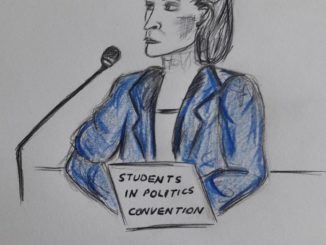
[dropcap]The[/dropcap] immigration system in the UK is “not up to scratch”, according to The Wellcome Trust.
The problem has come to the fore again this week after Dr Mohamed Alnor was denied entry to the UK to attend the World Congress of Psychiatric Genetics in Glasgow.
Dr Alnor, an assistant professor of psychiatry at Sudan International University, had spent in excess of $2,500 (€2,200) in fees in order to make it to the event. The Wellcome Trust, which grants over £1b towards research every year, questioned the immigration system in the UK after Dr Alnor was unable to attend the event in Scotland.
Paul Cahill, a professor at the School of Biotechnology at DCU, has said that the problem lies with the time taken to process visa requests. “The restrictions on access of foreign researchers to UK for conferences, workshops etcetera has been due to the untimely delay in processing visas, as far as I am aware,” said Cahill.
Cahill also added that the consequences could be dire should this continue due to Brexit.
“If this persists due to Brexit, the collegiate collaborate environment for science within the UK will suffer greatly.”
Chenxing Liu, a neuropsychiatrist based in the University of Melbourne, was also unable to deliver a planned presentation at the four-day event due to not getting a visa in time.
The Wellcome Trust published a report which found a quarter of all African and Asian researchers encounter visa issues, three times more than their European colleagues.
Cahill warned that that science in the UK will have a lasting negative effect after Brexit happens.
“If Brexit ends up as a hard Brexit, then UK science as a whole will greatly suffer as EU funding will end and the knock on effect will be the departure of a large number of world class scientists from UK universities for EU institutions,” said Cahill.
Professor Thomas Schulze, President for the International Society of Psychiatric Genetics, described the questioning of visa applications from academics from less developed countries as “discrimination and libel.”
Dr Alnor said that while he understands the caution used by the UK Embassy to stop abuse of the system, it does make it very hard for others.
Alnor was denied access due to him having insufficient funds in his bank account. He points out that Sudanese people tend not to keep money in banks due to limits on how much money can be withdrawn.
Ian Brennan
Image Credit: RDECOMFlickr



